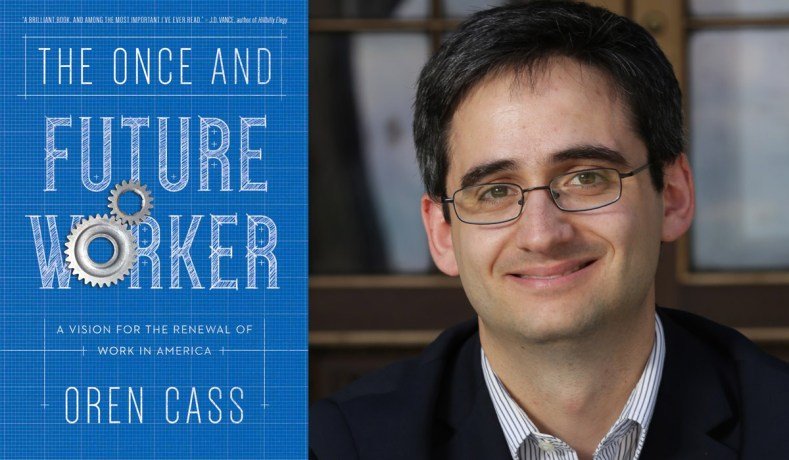This question of what happens next is thus central to the economy’s trajectory. Without the productivity gain, nothing happens. Workers able to produce more than before, for whatever reason, is the sine qua non of economic progress. But only if accompanied by rising output are the effects for workers undeniably positive.
Historically, that has been the dynamic. From 1947 to 1972, for instance, economy-wide productivity roughly doubled. But output surged as well and, at the end of the period, the same share of the population was working and men’s wages were up 86%. In the manufacturing sector, productivity rose by 3.4% annually, but real value added rose by 4.2% annually; employment during the period rose by more than three million.
Compare that period to the 21st century, when America has lost nearly five million manufacturing jobs. Was any of this because of extraordinary technological breakthroughs that caused productivity to surge, allowing firms to do much more with many fewer workers? No. In fact, the average rate of productivity growth in manufacturing this century has been 3.1%—lower than 1947–72 and no different than 1972–2000. But output growth has been only 1.3%, less than a third the rate of the earlier period. We’ve gone from the world where firms use a doubling of productivity to double output, to one where they use it to lay off half their workers. Had output growth this century equaled that of 1950–2000, manufacturing employment today would be near an all-time high.
So when policymakers blame automation for job losses, they are looking in the wrong place. Productivity gains have always been with us—in fact, they used to come faster. If anything, the American economy is suffering from insufficient automation—as reflected in declining productivity growth, stagnant wages, and remarkably little use of robots. American manufacturers use only 200 industrial robots per 10,000 workers, the standard measure of adoption. In both Germany and Japan, that level exceeds 300. In South Korea, it exceeds 700. With greater automation and higher productivity, American firms would likely be more competitive in the international economy.
